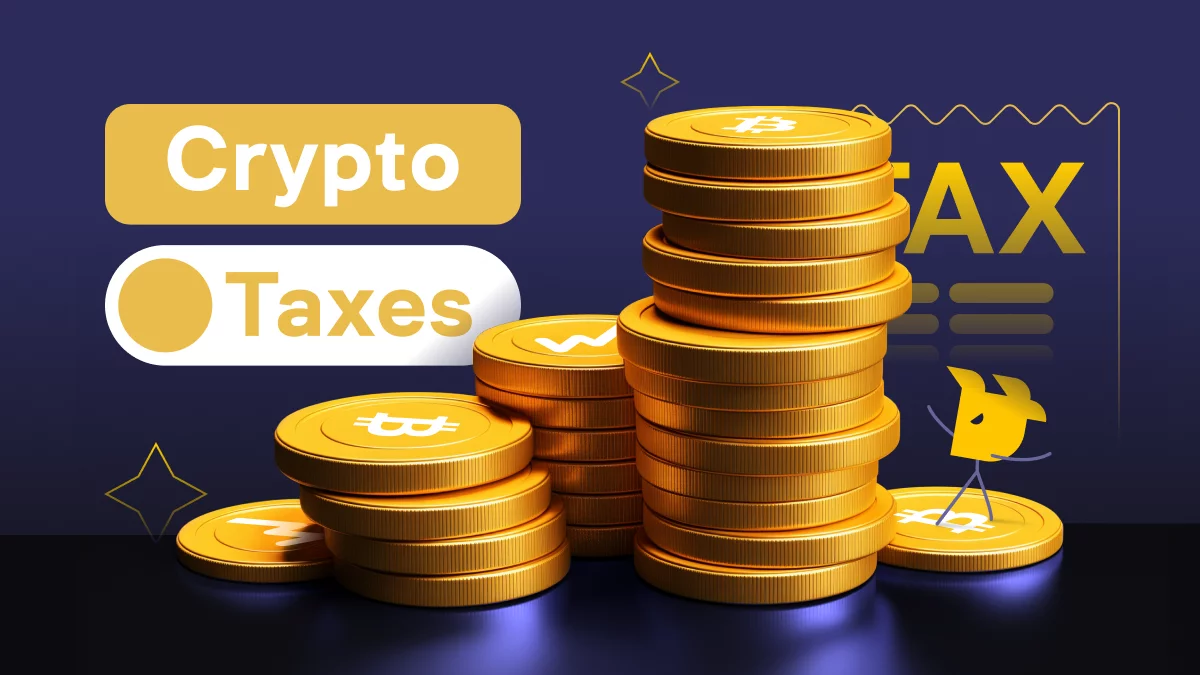
As cryptocurrency adoption continues to surge across the globe, governments are taking a closer look at how digital assets are taxed. In Germany, crypto enthusiasts using Binance must carefully navigate the tax landscape to stay compliant with local regulations. With the introduction of tools like Binance Tax, reporting crypto activities has become easier, yet it is essential to stay informed about tax obligations specific to Germany.
Simplifying Crypto Tax Filing with Binance Tax
To assist users in managing their tax obligations, Binance introduced the Binance Tax tool. This tool allows users to download a consolidated tax report summarizing their crypto activities, including spot trades, donations, and other taxable events.
Though Binance Tax is currently in its pilot phase, being available in regions like France and Canada, its release in Germany is eagerly anticipated. As noted on Blockchainwelt, the tool reflects Binance’s efforts to respond to increasing user demand for clearer guidelines on tax liabilities. The launch of Binance Tax marks a significant step toward making the reporting process more streamlined for crypto usersBlockchainwelt.
Despite the promising introduction of Binance Tax, it is essential for users in Germany to remain aware of local tax regulations. As crypto is treated as a private asset in Germany, gains from digital currencies are subject to capital gains tax. However, if users hold crypto for more than one year, these assets can be sold tax-free. This leniency offers significant tax benefits to long-term investors but comes with stringent rules for short-term holdings and active trading.
Key Tax Considerations for Crypto Users in Germany
| Criteria | Tax Treatment |
|---|---|
| Crypto held for less than 1 year | Subject to capital gains tax at personal income tax rates (up to 45%) |
| Crypto held for more than 1 year | Tax-free if sold after one year |
| Profits under €600 | Exempt from taxation |
| Income from staking, mining, lending | Subject to income tax (reported via forms like Anlage SO or Anlage KAP) |
Key Tax-Exempt Scenarios:
- Long-Term Holding: Crypto held for over one year is eligible for tax exemption on any profits from sales.
- Small Profits: Gains under €600 are not subject to taxation, offering flexibility for small investors.
Navigating Germany’s Crypto Tax Landscape

Germany’s tax laws surrounding crypto are relatively progressive but complex. The capital gains tax on cryptocurrencies applies to profits made from assets held for less than one year. If you sell your crypto within this timeframe, the gains are taxed at personal income tax rates, which can reach up to 45%, depending on the individual’s income.
For long-term investors, the situation is much more favorable. If crypto is held for more than one year, gains from its sale are tax-free. This makes Germany one of the most attractive countries for cryptocurrency investors who practice “hodling” (long-term holding). Additionally, profits under €600 are also tax-exempt, providing further incentives for small investors to engage in the crypto market.
On the other hand, users who earn income from crypto activities such as staking, mining, or lending are required to report this as income tax. Depending on the activity, different tax forms such as Anlage SO or Anlage KAP must be filled out during the annual tax declaration. Crypto tax software tools like Blockpit and Catax have become essential in automating this process, enabling users to accurately calculate gains, losses, and tax obligations.
Binance’s Regulatory Efforts in Germany
| Aspect | Details |
|---|---|
| BaFin License | Binance pursuing a license to strengthen compliance and trust in Germany |
| Impact on Users | Increased security, services, and a more transparent regulatory environment for German crypto users |
| Competitive Advantage | A BaFin license could position Binance as a more trusted and reliable platform in the region |
Binance has made significant strides toward strengthening its regulatory standing in Germany. The exchange is currently pursuing a BaFin license to operate more freely in the country. This license would allow Binance to offer enhanced services while ensuring compliance with local financial laws. As reported by BTC-Echo, obtaining this license would give Binance a competitive advantage, enabling the platform to actively market to German users while offering a higher level of trust and security BTC-Echo.
The potential acquisition of a BaFin license reflects Binance’s long-term commitment to integrating fully into European markets. Such licenses are not easy to obtain, but they offer exchanges the ability to adhere to strict regulatory requirements, a feature that could give Binance a significant edge in Germany. Should Binance secure this approval, it could result in greater visibility and an expanded market share in the region.
Key Takeaways for Crypto Investors

As the tax season approaches, crypto users in Germany need to take the necessary steps to ensure compliance with local tax regulations. Tools like Binance Tax are making the process easier, but users should still familiarize themselves with specific rules regarding short-term and long-term holdings. For those holding assets for over a year, the tax-free benefits present a significant opportunity for reducing tax liabilities.
- Leverage Binance Tax: Utilize Binance’s tax tool to simplify reporting.
- Hold Crypto for Long-Term Gains: Take advantage of Germany’s tax-free status on crypto held for more than one year.
- Monitor Regulatory Changes: Stay updated on Binance’s efforts to secure a BaFin license, which could enhance security and services.
In summary, while Binance and other platforms are offering more robust solutions for tax reporting, German users must remain vigilant in understanding and following local tax laws. By utilizing available tools and staying informed, investors can minimize tax liabilities and ensure compliance with local regulations.
